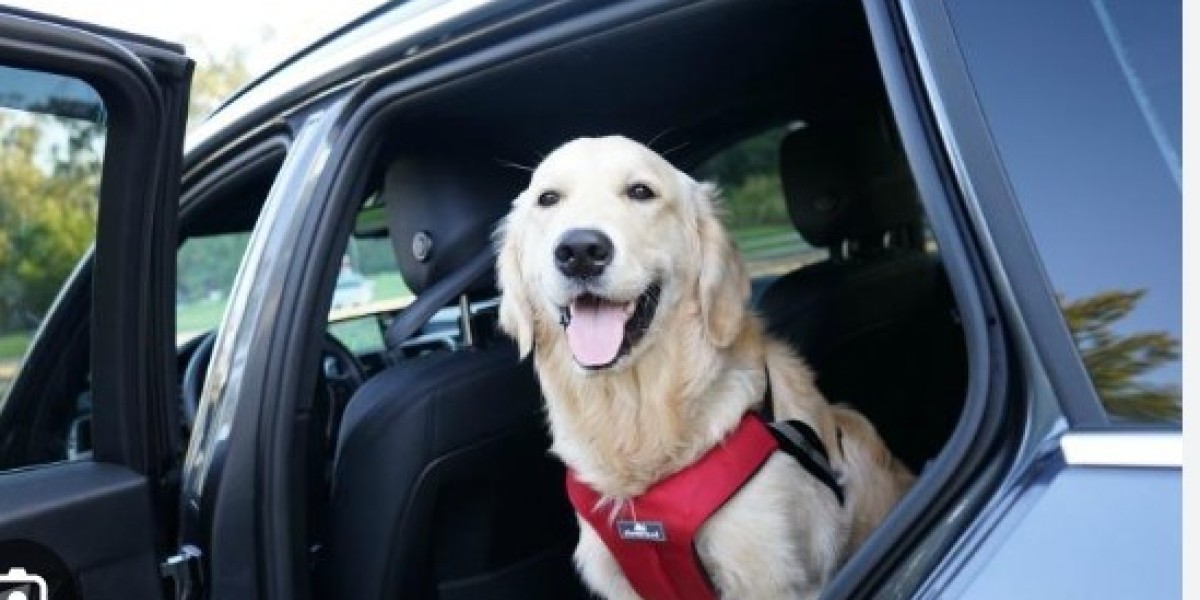Relocating to a new country is stressful enough without worrying about your furry companion. If you're planning pet relocation to USA, you'll need to navigate import regulations, health requirements, and travel logistics to ensure your pet arrives safely and legally.
The good news? With proper planning and preparation, bringing your pet to the United States can be straightforward. This guide walks you through everything you need to know about pet relocation to USA, from documentation requirements to choosing the right transport method.
Understanding US Pet Import Regulations
The United States has specific requirements for importing pets, and these vary depending on where your pet is coming from and what type of animal you're bringing.
Dogs
The Centers for Disease Control and Prevention (CDC) regulates dog imports into the US. All dogs must appear healthy upon arrival and be at least six months old. If your dog has been in a high-risk rabies country within the past six months, additional requirements apply, including:
- A valid rabies vaccination certificate
- A CDC Dog Import Permit (if coming from a high-risk country)
- Proof of a microchip that can be detected with a universal scanner
- A rabies titer test in some cases
Cats
Cats have fewer federal requirements than dogs. They must appear healthy upon arrival, but there's no nationwide rabies vaccination requirement at the federal level. However, individual states may have their own rules, so check with your destination state's animal health office.
Other Pets
Birds, reptiles, and other exotic pets come with their own set of regulations. The US Fish and Wildlife Service, USDA, and CDC all have jurisdiction over different species. Research requirements specific to your pet well in advance.
Essential Documentation for Pet Relocation to USA
Proper paperwork is crucial for smooth pet relocation to USA. Missing or incorrect documents can result in your pet being quarantined or even denied entry.
Health Certificate
Most airlines and the USDA require a health certificate issued by a licensed veterinarian. This document confirms your pet is healthy enough to travel and meets import requirements. The certificate must typically be issued within 10 days of travel.
Rabies Vaccination Records
Keep detailed records of your pet's rabies vaccination, including:
- Date of vaccination
- Vaccine product name and serial number
- Veterinarian's signature and license number
- Expiration date
Microchip Information
A microchip that meets ISO standards (134.2 kHz) makes identification easier and is required for dogs from high-risk rabies countries. Keep documentation of your pet's microchip number with your other travel papers.
Import Permits
Depending on your pet's origin and species, you may need special permits from the CDC, USDA, or US Fish and Wildlife Service. Apply for these well ahead of your travel date, as processing can take several weeks.
Choosing How to Transport Your Pet
You have several options for pet relocation to USA, each with advantages and considerations.
Flying with Your Pet
In-Cabin Travel: Small pets (usually under 20 pounds including carrier) can often travel in the cabin with you. This option provides peace of mind but limits airline choices, as not all carriers allow in-cabin pets on international flights.
Cargo Hold: Larger pets travel in the temperature-controlled cargo hold in airline-approved crates. While this sounds concerning, it's generally safe when done properly with pet-friendly airlines.
Cargo Service: Some airlines offer dedicated pet cargo services separate from passenger flights. These services often provide better climate control and handling procedures.
Professional Pet Relocation Services
Professional pet relocation companies handle every aspect of your pet's move, from documentation to door-to-door transport. While more expensive, these services reduce stress and ensure compliance with all regulations.
Preparing Your Pet for Travel
A smooth pet relocation to USA starts with proper preparation weeks before departure.
Crate Training
If your pet will travel in a crate, start training well in advance. Make the crate a positive space by feeding meals inside and providing treats and toys. Gradually increase the time your pet spends in the crate with the door closed.
Veterinary Checkup
Schedule a thorough health exam at least one month before travel. This allows time to address any health issues and ensures all vaccinations are current. Discuss whether sedation is appropriate (most airlines prohibit it due to safety concerns).
Familiarization with Carrier
Let your pet spend time in their travel carrier before the journey. Place familiar bedding and a worn t-shirt with your scent inside to provide comfort during travel.
What to Expect Upon Arrival
Understanding the arrival process helps you prepare for pet relocation to USA.
Customs and Inspection
All pets must clear customs upon arrival. Officials will verify your pet's health certificate, vaccination records, and other required documents. Be prepared to present all paperwork immediately.
Quarantine Requirements
The US doesn't have a mandatory nationwide quarantine for pets, but animals that don't meet import requirements may be quarantined at the owner's expense. Some states, like Hawaii, have their own quarantine rules regardless of federal compliance.
Ground Transportation
Plan how you'll transport your pet from the airport to your home. Some rental car companies don't allow pets, so arrange pet-friendly transportation in advance.
State-Specific Requirements
Federal regulations are just the beginning. Individual states may impose additional requirements for pet relocation to USA.
Research your destination state's rules regarding:
- Rabies vaccination requirements
- Health certificate validity periods
- Breed-specific restrictions
- Additional permits or licenses
State agricultural departments typically oversee animal imports and can provide specific guidance.
Cost Considerations
Pet relocation to USA involves various expenses. Budget for:
- Airline pet fees ($200-$500+ depending on size and route)
- Health certificates and veterinary exams ($100-$300)
- Required vaccinations and tests ($50-$500)
- Import permits ($50-$500)
- Travel crate ($50-$300)
- Professional relocation services ($1,000-$5,000+)
Costs vary significantly based on your pet's size, origin country, and chosen transport method.
Tips for a Smooth Pet Relocation to USA
These strategies help ensure successful pet relocation to USA:
Book Early: Pet spaces on flights are limited. Reserve your pet's spot as soon as you book your own ticket.
Choose Direct Flights: Minimize stress and connection risks by selecting nonstop flights when possible.
Avoid Peak Travel Times: Flying during extreme temperatures can lead to airlines refusing to transport pets in cargo. Plan travel during mild weather.
Prepare for Delays: Pack extra food, medications, and supplies in case of unexpected delays.
Update Contact Information: Ensure your pet's collar tags and microchip registration include your new US contact details.
Exercise Before Travel: A tired pet is often a calmer pet. Provide plenty of exercise before heading to the airport.
Making Your Pet Feel at Home
Once you've successfully completed pet relocation to USA, help your pet adjust to their new environment.
Set up a quiet space with familiar items before your pet arrives. Maintain regular feeding and walking schedules as much as possible. Give your pet time to explore gradually, and be patient with any behavioral changes during the adjustment period.
Your Pet's Journey Starts with Preparation
Successful pet relocation to USA requires careful planning, attention to detail, and patience. Start researching requirements at least three months before your move to ensure you have adequate time for vaccinations, permits, and arrangements.
While the process may seem overwhelming, thousands of pets relocate to the United States safely every year. With proper preparation and the right resources, your pet will soon be settled into their new American home. Remember to check the most current regulations before travel, as import requirements can change.






